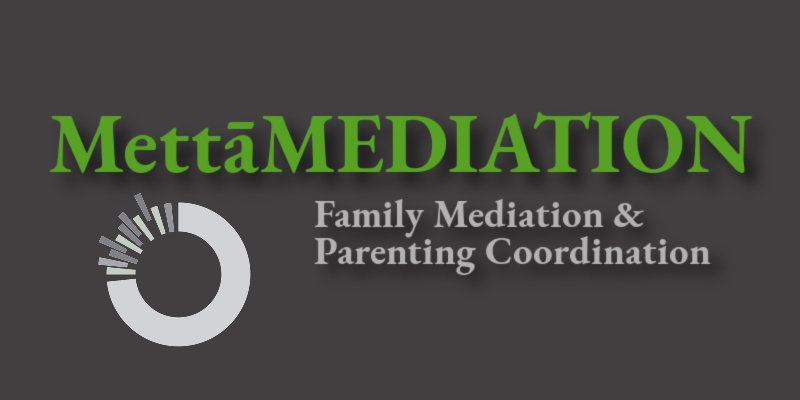QUESTION: Why is mediating parenting issues important?








ANSWER:
1. Children are innocent bystanders to their parents’ separation and any issues arising from it. They MUST be shielded from their parents’ conflict to the greatest extent possible. Their short-term and long-term wellbeing depend on it, and
2. Most of the time, the parents themselves are in the best position to design their children’s futures - together! They may just need a little help.
The best interests of children matter THE MOST, in any separated family.
Sometimes, conflict relating to children’s issue can become so acute as to require the input of a Judge, in the children’s best interests. That being said, Court should NEVER be the default venue for decisions on these fundamentally important issues.
If direct discussions between the parents are not enough to resolve questions like where the children will live and who will make decisions about them, all efforts should be made to continue that dialogue in the context of family mediation - there, a skilled, neutral mediator will help the parents work through their issues, at all times in keeping with the children’s best interests.
Ideally, parents should work together on negotiating and eventually signing a comprehensive PARENTING PLAN - to help them parent effectively after the separation.
Family Court judges work very hard, through their decisions, to ensure that children are protected but they are “strangers” to the families that come before them for assistance.
Again, parents are usually in the best position to decide about their children’s futures - through moderated, thoughtful dialogue. Mediation offers them a venue to do that.
Child-related issues you might consider mediating (and there are many others….)
DECISION-MAKING RESPONSIBILITY
Formerly called “custody”, decision-making responsibility is a commonly-mediated parenting issue. Who will make major decisions in the children’s lives? Will one parent make them or will the parents share decision-making? How will the decisions be made? What if the parents cannot agree? These are typical questions considered in mediation, with the goal of reaching agreements on the answers.
RELOCATION
Sometimes also referred to as “mobility”, this refers to arrangements put in place for the event one of the parents wishes to move their residence such that the other parent’s time with the children would be affected. Terms related to relocation typically include notice provisions, and how to resolve any disagreements about this issue.
COMMUNICATION BETWEEN PARENTS
In Family Mediation, parents often talk about how they will communicate moving forward. The idea is to make that communication as prompt, organized and smooth as possible, for their children’s sake. The less friction there is between the parents, the less negative impact on the children. With a wide variety of options available, parents can agree on arrangements which are most practical and effective for them.
TRAVEL
What happens when one parent wants to travel with the children is often the subject of discussion at Family Mediation. Parents talk about travel both within and outside Canada. Timetables for the exchange of information and necessary documentation are common, to make these events as conflict-free as possible, for the children’s sake.
PARENTING TIME - generally
Formerly called “access” or “residence”, parenting time refers to the time children spend with each parent. With a wide variety of options, parents can negotiate arrangements that are best for their children, keeping in mind the children’s specific needs, ages and stages of development.
PARENTING TIME - Regular Schedule
This refers to the children’s routine schedule - in the case of children attending schools, it is the time they spend with each parent during the academic year. It addresses both the weekdays and weekends.
PARENTING TIME - Holiday Schedule
This refers to the children’s schedule during holidays, the summer and on special occasions, like birthdays and family reunions, for example.
COMMUNICATION WITH CHILDREN - outside Parenting Time
One often-discussed term is how, and how often, a parent will be in touch with the children outside their parenting time. With many options and arrangements available, parents can discuss and agree on a schedule which ensures continuing of quality contact, both verbal and visual.
ASSURING PRIORITY OF PARENTAL CARE or RIGHT OF FIRST REFUSAL
Sometimes a parent who is to have care of a child at a given time cannot care for that child. This is quite common and can happen for a variety of reasons, including changes in work schedules, emergencies like a leaky roof or a car problem, or even illness.
Depending on the duration (length) of such periods and/or their frequency, the parents may want to address what is to happen in such situations ahead of time. This is often discussed in Family Mediation.
